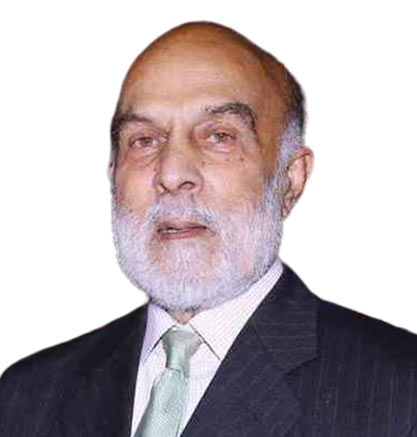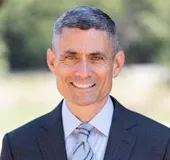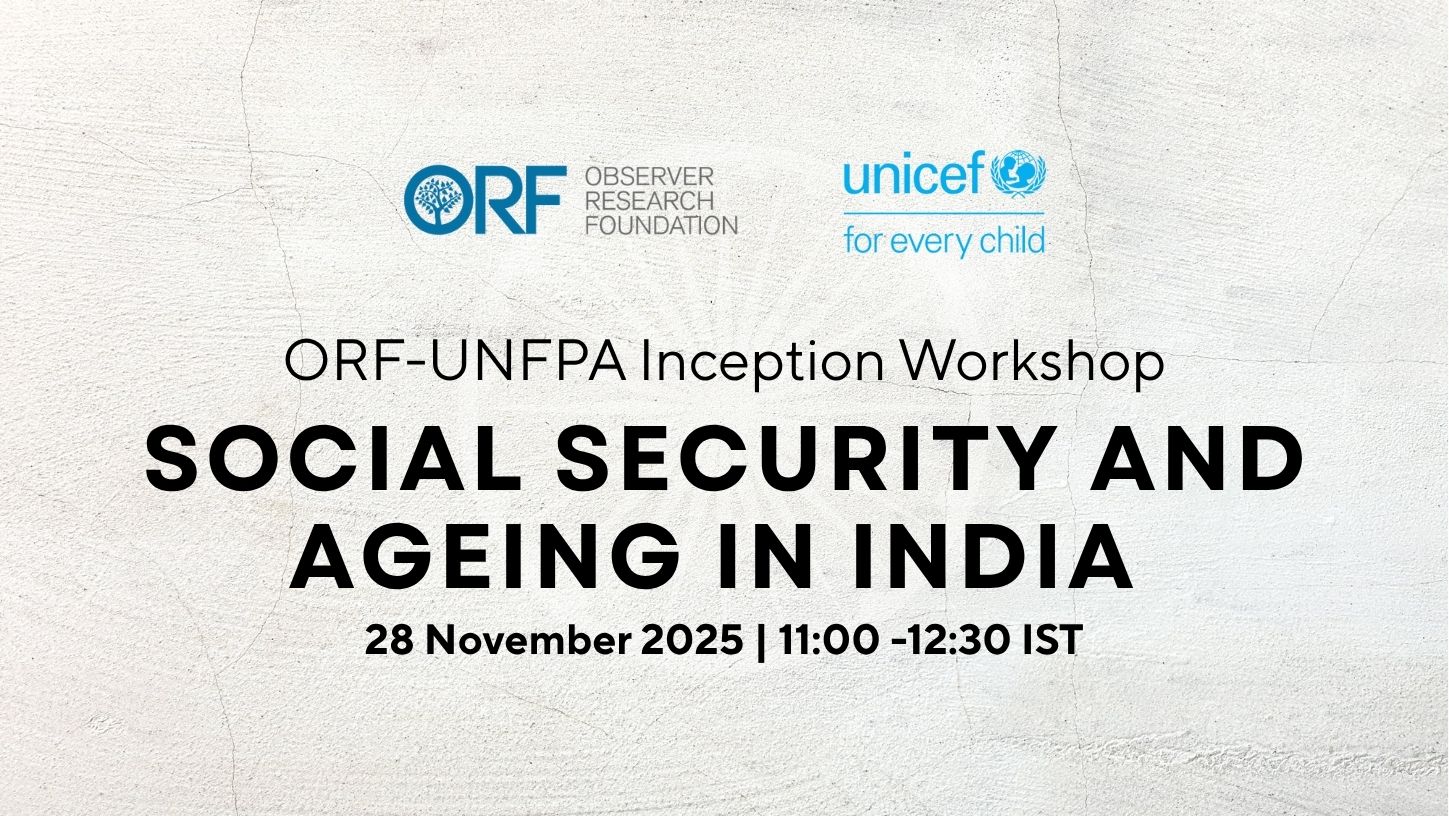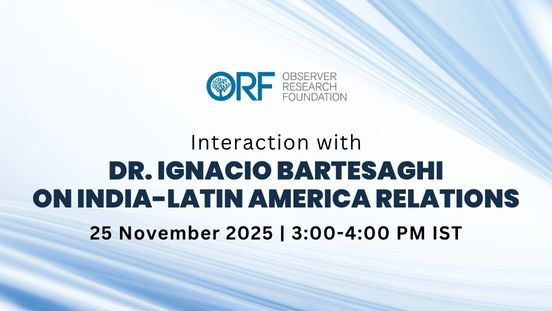-
CENTRES
Progammes & Centres
Location
India’s children are growing up in a world where sweetness has turned from celebration to risk, demanding stronger policies, smarter technology, and fairer care to protect their health. ...
As appeals progress slowly, rare-disease patients face therapy breaks and irreversible harm, showing how legal timelines can fail clinical needs. ...
Food systems have moved from the sidelines to the centre of climate action, as COP30 aims to embed agriculture within the Paris framework for resilience and mitigation. ...
A decade after Paris, COP30 must transform climate promises into measurable health protection, embedding adaptation metrics, transparent reporting, and resilient systems to confront the human toll of a warming world ...
As India’s population ages, adult immunisation is vital for unlocking long-term health and economic gains, ensuring healthier, more productive lives through adulthood and ageing. ...
Health diplomacy is no longer peripheral; it is a core arena of global negotiation where think tanks can help the Global South move from reacting to shaping outcomes. ...
India’s stroke epidemic is the visible crest of an unseen hypertension iceberg, one that can be reduced only through early detection, salt reform, stronger primary care, and public awareness. ...
AI-powered robotic surgery is redefining precision medicine, merging human skill with machine intelligence for safer, faster, and smarter operations. ...
AI is transforming global drug discovery. As China races ahead and the US recalibrates, India must harness its talent and data to drive pharma innovation. ...
Despite progress, India’s TB response faces widening funding gaps that threaten its 2030 elimination goal, demanding stronger, sustained investment and accountability. ...
As FAO marks 80 years, World Food Day 2025 highlights the urgent need for inclusive, sustainable partnerships to end hunger and strengthen food security. ...
India's intensified malaria surveillance efforts have led to significant declines in cases and deaths, yet challenges persist in achieving elimination by 2030. ...
India’s experience shows that integrating nutrition and mental health programmes—through initiatives like POSHAN Abhiyan, Tele-MANAS, and PM-POSHAN—is essential to strengthen public health systems and build resilience in times of crisis. ...
Rapid societal change—from AI to climate crises—is reshaping mental health worldwide, demanding policies that balance progress with psychological resilience. ...
India now matches its estimated blood need, yet uneven access, weak repeat-donor culture, and exclusionary rules may keep a reliable transfusion network out of reach. ...
Amid climate, migration, and AMR pressures, The Pandemic Fund is crucial to bolstering global defences against future health emergencies. ...
Over the last decade, health insurance coverage among the population above 70 in India has expanded from around 15 percent in 2017-18 to over 55 percent by September 2025. ...
The US decision to impose 100 percent tariffs on branded and patented medicines marks a sharp shift in trade policy, raising risks of higher drug prices, weakened innovation, and global supply chain disruptions. ...
AI chatbots, if responsibly designed and integrated into India’s tele-mental health system, can help bridge critical gaps in adolescent counselling services by widening access, safeguarding privacy, and ensuring timely escalation to human care. ...
From soil to coast, Nature-based Solutions offer a sustainable path to resilient, equitable, and productive food systems. ...
The Indian Council of Agricultural Research’s launch of two climate-resilient, gene-edited rice varieties marks a scientific breakthrough for sustainable agriculture, but it also reignites debates over biosafety, ethics, regulation, and farmer access. ...
India has managed to bring down the annual leprosy caseload over time, but marginalised communities still bear a disproportionate burden—revealing stark gaps beneath headline progress. ...
Despite significant progress in reducing incidence and mortality, India’s fight against tuberculosis cannot succeed without addressing air pollution, a critical but overlooked driver of transmission and poor treatment outcomes. ...
On World Patient Safety Day, protecting patients in the chatbot gold rush means setting clear boundaries, keeping humans in the loop, and publishing evidence, with safeguards for vulnerable users. ...
On World First Aid Day, India must confront the spread of unsafe online practices and close its preparedness gap by embedding evidence-based training and protecting its Good Samaritans. ...

Rear Admiral K. Raja Menon (Retd) is a career naval officer and submarine specialist who commanded seven ships and submarines during his service. He retired in 1994 as the Assistant Chief of Naval Staff (Operations). ...
Read More +
S. Paul Kapur is currently on leave from ORF and is serving as Assistant Secretary of State for South and Central Asian Affairs at the U.S. Department of State. Between 2020-2021, Mr Kapur served on the State Department’s Policy Planning Staff, ...
Read More +
